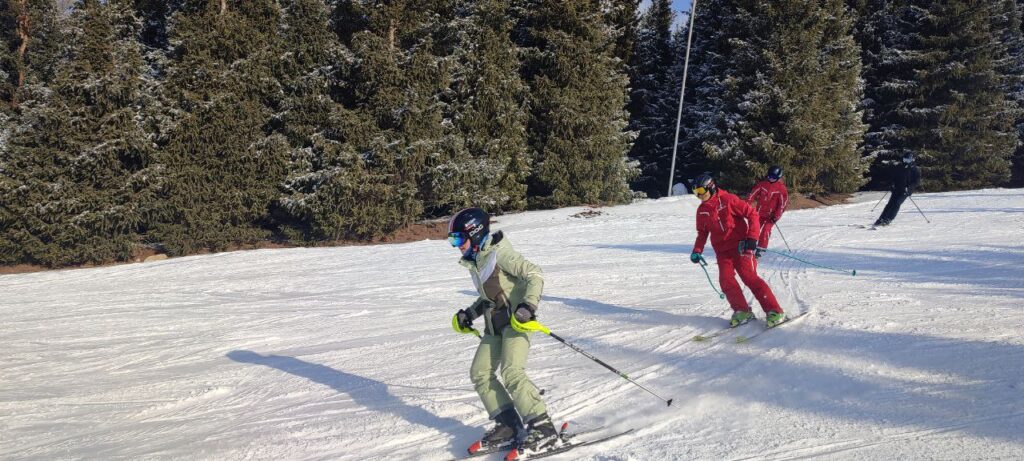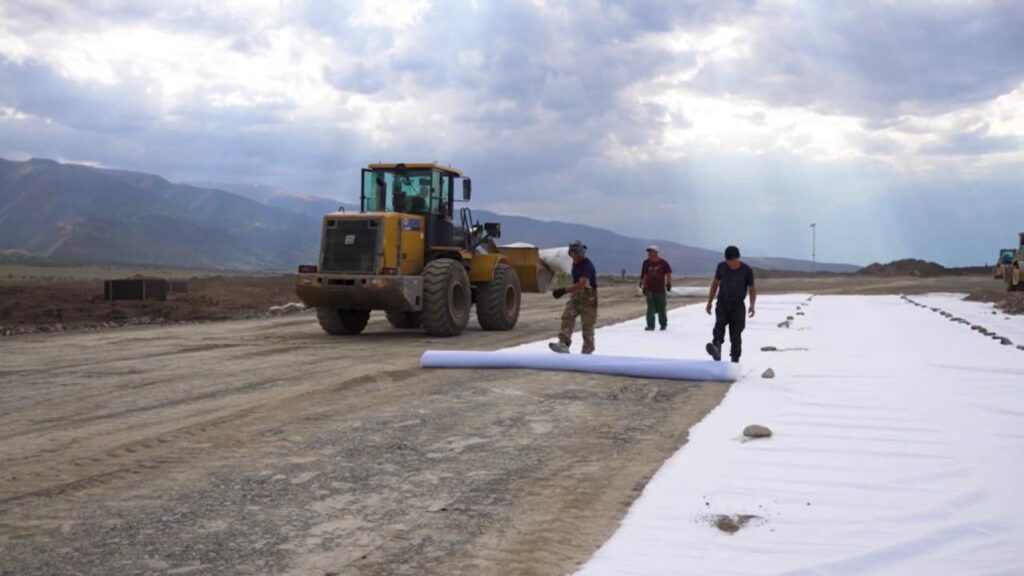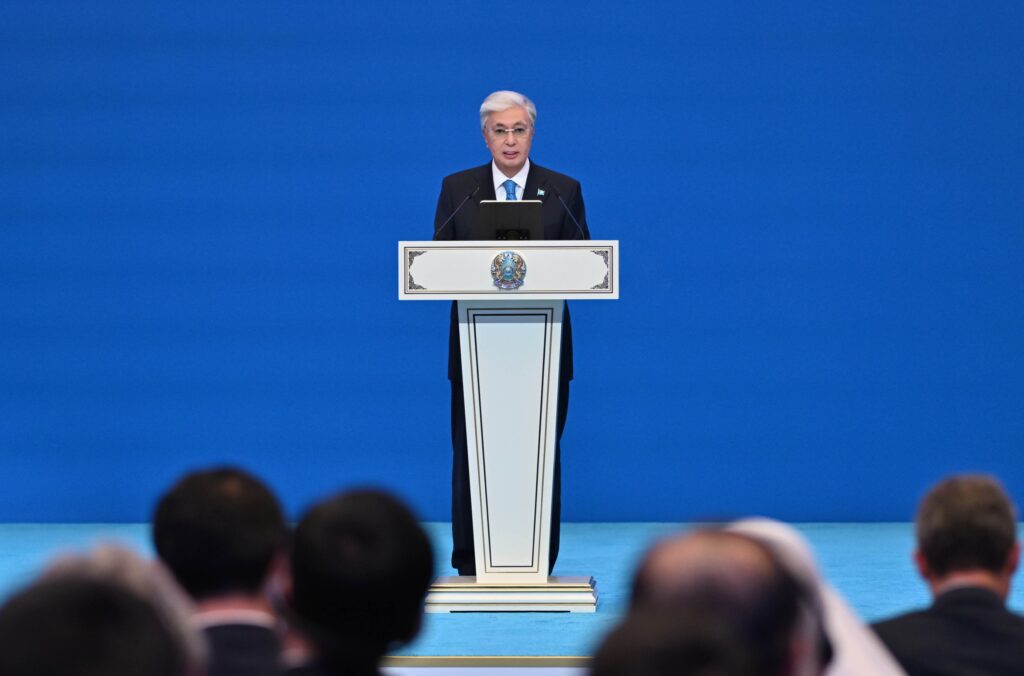On 3 June, Uzbekistan President Shavkat Mirziyoyev chaired a government meeting to review plans for the forthcoming year to attract 11 million foreign tourists and increase revenue from tourism to $2.5 billion.
It was stated that every dollar currently invested in tourism generates 3-4 dollars for the industry’s future and each new job created in the tourism sector spawns two jobs in related industries.
Officials reported that to encourage growth, procedures for running tourism businesses have been simplified and specialized policing created to ensure the safety of tourists.
Given the year-on-year increase in extreme tourism, Uzbekistan is developing a program to meet demand for access to its wilder regions.
To expand tourism around the country’s natural lakes, a decision was made to auction land for the construction of water parks and other attractions around these scenic shores.
Triggered by the pandemic, the demand for medical and recreational tourism has soared and last year alone, over 60 thousand foreign visitors were treated in Uzbekistan’s sanatoriums and medical institutions. In response and based on practices in South Korea, Turkey, and India, the government has launched a “Medical Hospitality” initiative.
From now on, costs incurred by private clinics for international certification and participation in overseas exhibitions to promote their services, will be covered by the state. In addition, VAT will be refunded on payments made by foreign patients attending Uzbekistan’s clinics.
To maximize its potential, the president recommended the launch of a global advertising campaign to demonstrate to the full, the diversity of Uzbekistan’s tourist industry.









